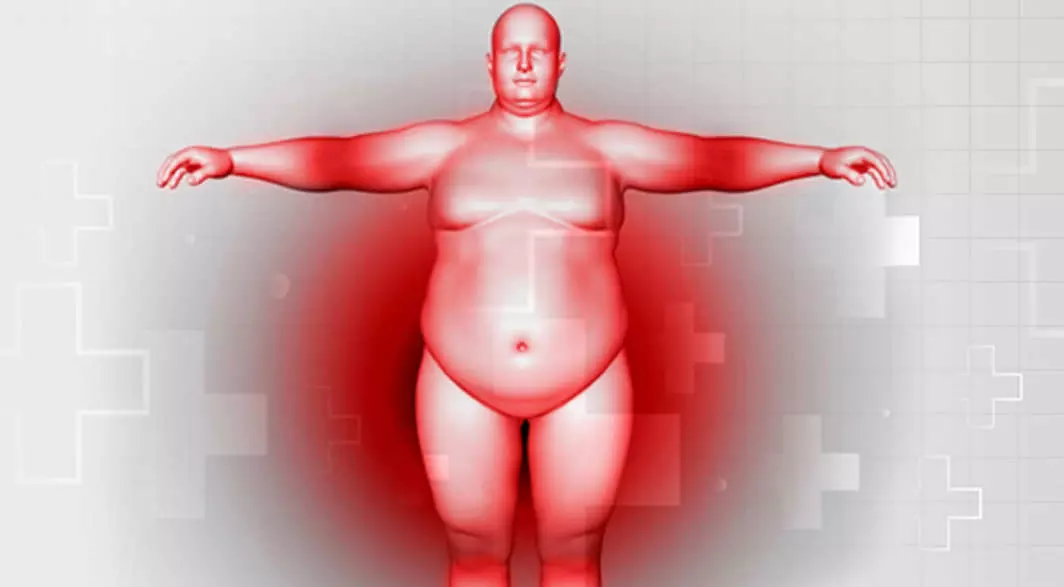MIMS Education


Overview of Non-surgical Management of Obesity in Adults
Overview
About this course
Obesity is a multifactorial, chronic, relapsing and progressive disease which significantly increases both morbidity and mortality in affected patients. Several disorders occur with greater frequency in patients with obesity, including heart disease, stroke, type 2 diabetes mellitus, and various cancers. In most patients with obesity, clinically relevant improvements in many risk factors can be seen with weight reduction of 5–10% body weight. However, managing obesity requires a multidisciplinary approach to counteract the body’s resistance to weight loss.
This e-learning module provides a brief overview on the pathophysiology of obesity and reviews the pharmacologic treatment of obesity in adults.
Learning outcomes
Upon completion of the educational activity, participants should be able to:
- Understand obesity as a disease and the need to treat it
- Review the pharmacologic approach to obesity treatment
Topics covered
- Obesity: definition, associated health risks, evaluation
-
Pathogenesis of obesity
- Role of craving
- Therapeutic benefits of weight loss in obesity
- Approach to treatment, choosing candidate for drug therapy
-
Pharmacotherapy – drug characteristics, mechanism of action, administration, advantages, and adverse effects
- Drug preference in the presence of comorbidities
1 CPD Point Available
- Score at least 80% in the multiple-choice quiz.
Keywords: Obesity, treatment of obesity, weight reduction

